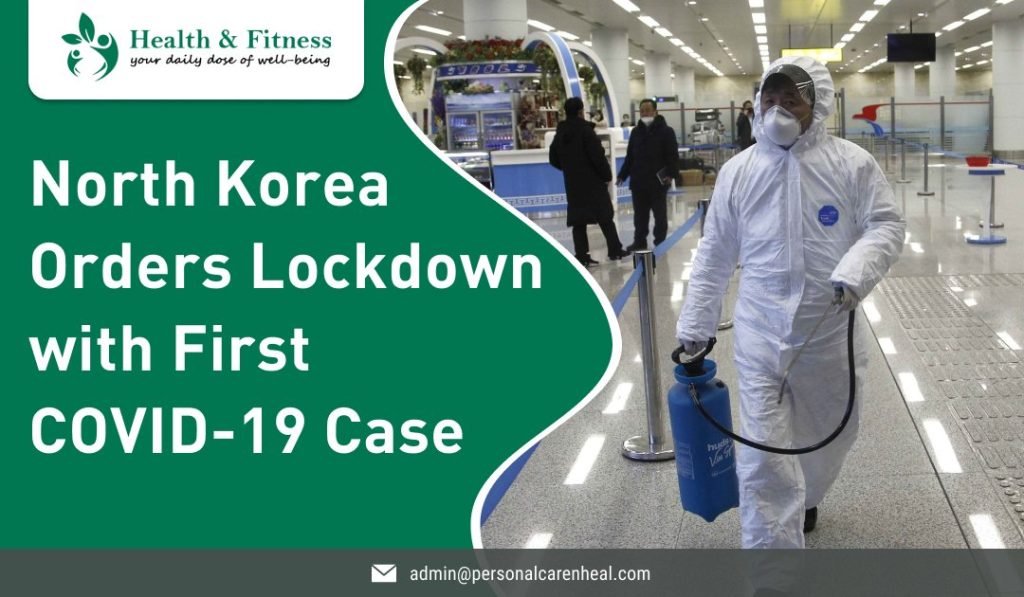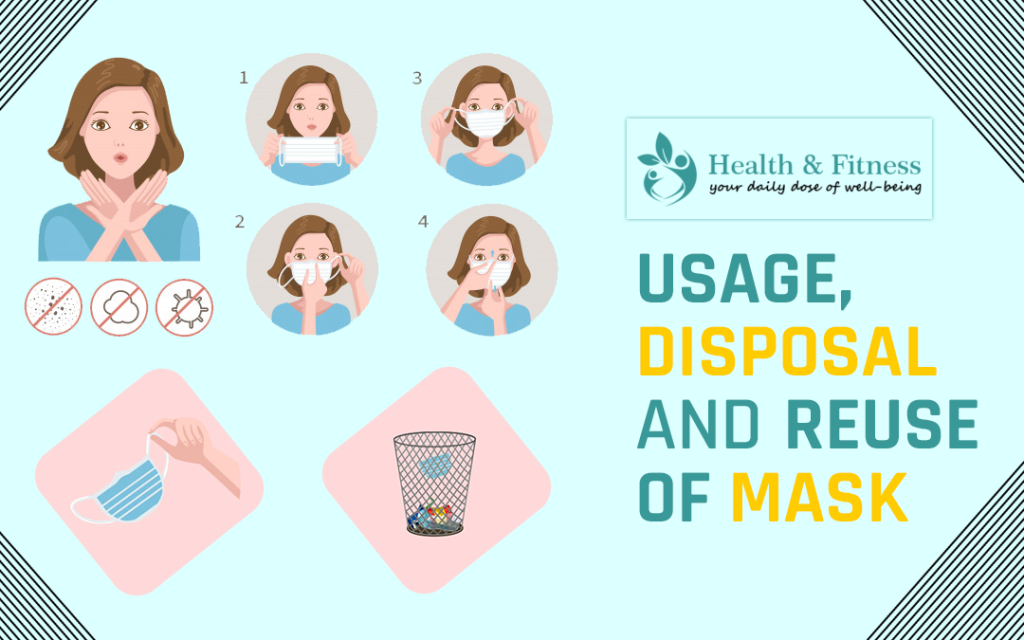On Thursday, North Korea confirmed its first-ever Covid cases and declared a “serious emergency,” with leader Kim Jong Un ordering nationwide lockdowns.
Since the start of the pandemic in 2020, the nuclear-armed country had never admitted to a case of Covid-19, and the government had imposed a strict Corona virus blockade of its borders.
However, samples taken from fever-stricken patients in Pyongyang “coincided with the Omicron BA.2 variant,” according to the official Korean Central News Agency.
On Thursday, top officials, including leader Kim Jong Un, held a crisis politburo meeting to discuss the outbreak and announced that the “maximum emergency epidemic prevention system” would be implemented.
Kim “instructed all cities and counties throughout the country to completely lock down their areas,” according to KCNA, though the restrictions were not immediately disclosed.
According to KCNA, Kim stated at the meeting that the aim was to “quickly cure the infections in order to eradicate the source of the virus spread.”
North Korea will “overcome the current unexpected situation and triumph in the emergency epidemic prevention work,” according to Kim.
The KCNA report did not specify how many Covid infections had been discovered.
Experts say North Korea’s crumbling health infrastructure would struggle to handle a major outbreak, especially because the country’s 25 million people are not supposed to be vaccinated.
“The public health situation must be serious for Pyongyang to publicly admit omicron cases,” said Leif-Eric Easley, a professor at Ewha University in Seoul.
“Despite the failure of China’s zero-Covid strategy, Pyongyang is likely to intensify its lockdowns against the Omicron variant.”
The World Health Organization, China, and Russia have all offered vaccinations to North Korea.
Accepting vaccines through the World Health Organization’s Covax programme “requires transparency over how vaccines are distributed,” according to Go Myong-hyun, a researcher at the Asan Institute for Policy Studies. “That is why it was rejected by North Korea,” Go explained.
North Korea is surrounded by countries that have battled or are still fighting – significant Omicron outbreaks.
South Korea, which has high vaccination rates, recently relaxed almost all Covid-19 restrictions, with cases falling sharply following an Omicron-fueled spike in March.
China, the world’s only major economy with a zero-Covid policy, is currently dealing with multiple Omicron outbreaks.
For weeks, major Chinese cities, including the financial capital Shanghai, have been on lockdown.
According to Cheong Seong-chang of the Sejong Institute, North Korea appears to be trying to avoid China’s extreme measures such as “virtually imprisoning residents in apartments.”
Even more limited lockdowns, he said, would result in a “severe food shortage and the same chaos” that China is currently experiencing.
Areas of Pyongyang had already been locked down for two days, according to Seoul-based specialist site NK News, with reports of panic buying.
Covid’s public appearance in Pyongyang could have ramifications for North Korea’s nuclear programme.
After five years of failed diplomacy, South Korea’s hawkish new President Yoon Suk-yeol, who was sworn in Tuesday, has promised to get tough with Pyongyang.
Following the collapse of high-profile talks in 2019, North Korea has increased its weapons testing, launching a barrage of missiles this year, including intercontinental ballistic missiles.
North Korea is preparing to conduct a nuclear test, according to satellite imagery, and the US has warned that this could happen as soon as this month.
Analysts believe the Covid-19 outbreak could jeopardize their military programme.
According to Yang Moo-jin, a professor at the University of North Korean Studies, “there is a chance of delaying the nuclear test to focus on overcoming the coronavirus.”
He said that if public fears of an outbreak spread, Kim might conduct a test “to divert this fear to another place.”



